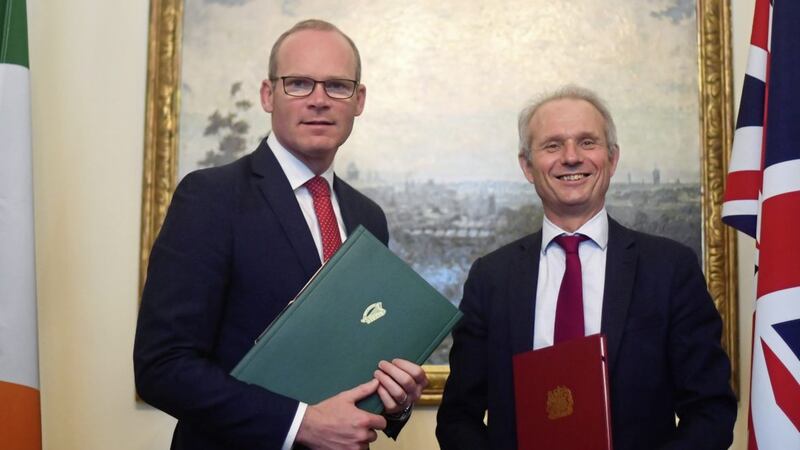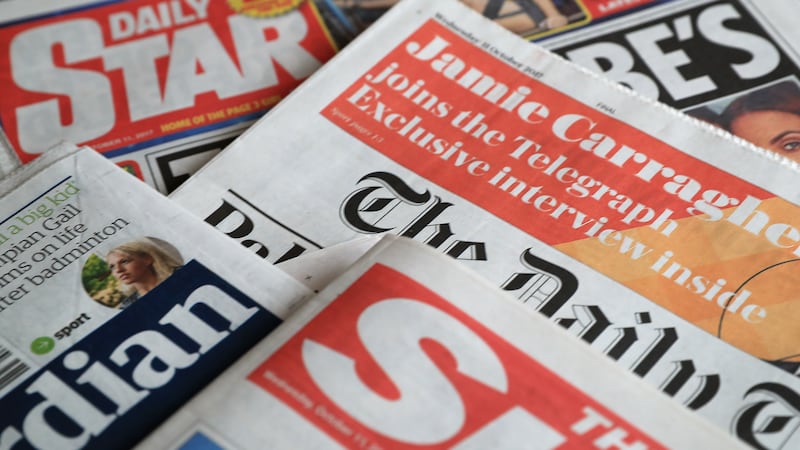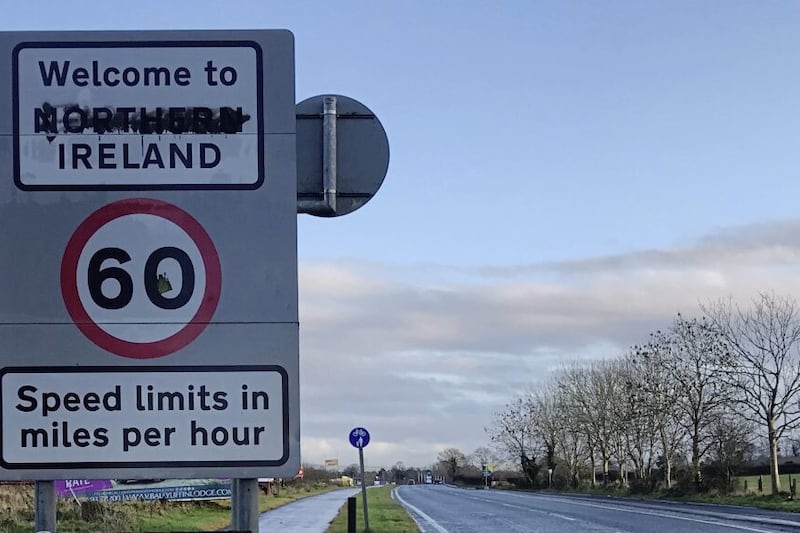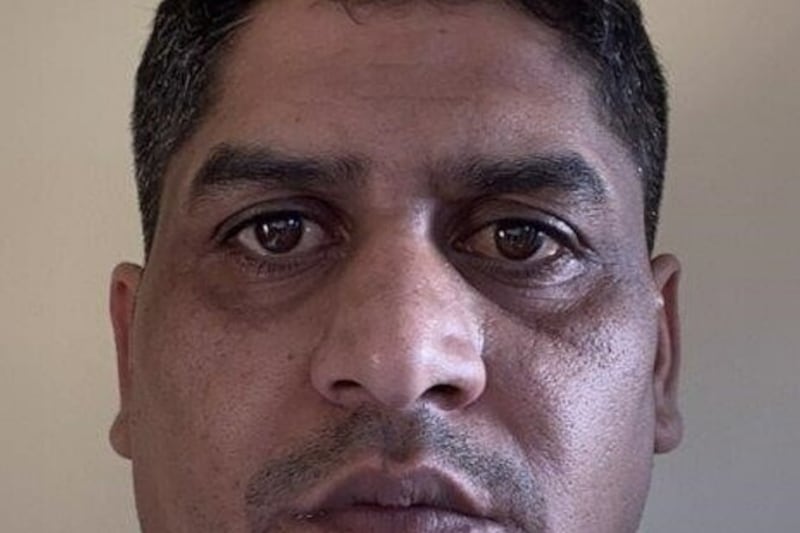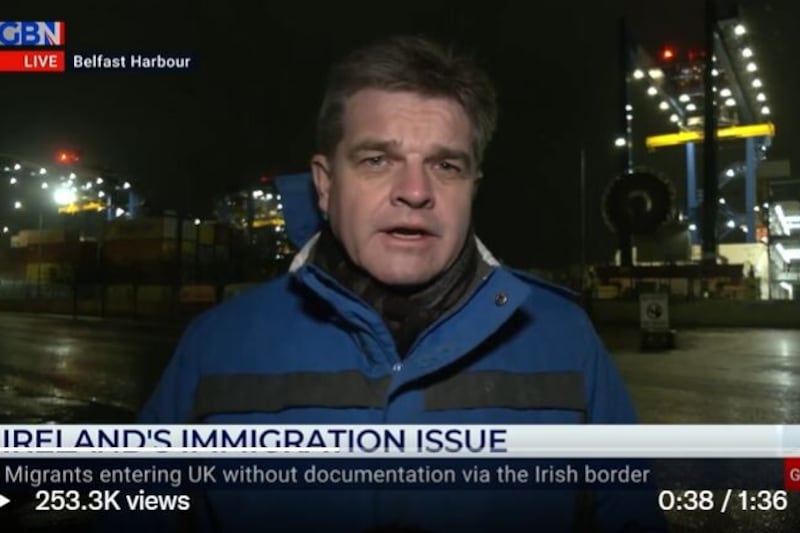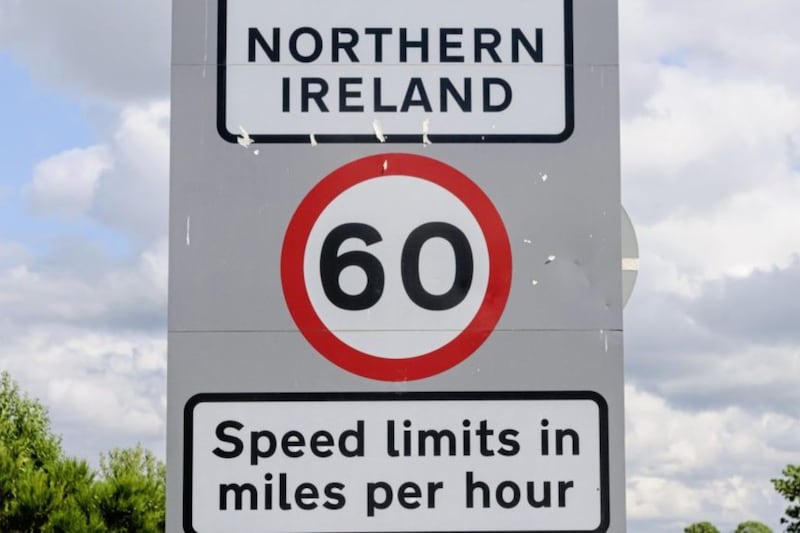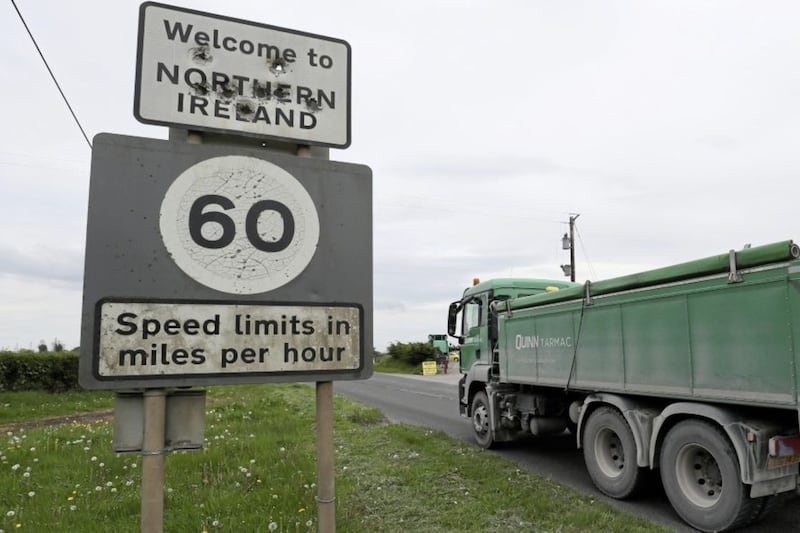A deal to preserve the Common Travel Area (CTA) between the UK and Republic after Brexit has been signed.
The memorandum of understanding between the two governments allows citizens to move freely across the border.
It also allows cross-border access to education and healthcare.
The non-legally binding understanding was signed by senior British and Irish ministers at a Cabinet Office meeting of the British-Irish Intergovernmental Conference in London yesterday.
The conference was part of a renewed bid to restore devolved power-sharing at Stormont following the murder of journalist Lyra McKee in Derry last month.
The CTA predates the UK and Ireland's membership of the EU.
There was no legally binding international agreement which established its terms and it was largely based on trust.
The memo is an attempt to reinforce that understanding.
It was signed by the UK's de facto deputy prime minister David Lidington and Tanáiste Simon Coveney. Secretary of State Karen Bradley and Irish justice minister Charlie Flanagan also attended.
Mr Lidington said: "This memorandum of understanding highlights the value both of our governments place on the CTA - a long-standing, cherished set of arrangements that have real significance in people's day-to-day lives.
"Our message to Irish citizens in the UK is that your rights will not change.
"You will still be able to move freely between Ireland, the UK and the islands. You will still be able to work, study, draw your pension and access social security and public services in the UK."
Mr Coveney said: "The CTA has provided rights and privileges to Irish and British citizens for nearly a century.
"However, it has not before been formalised in this way."
He added: "I want to assure British citizens living in Ireland that they are welcome and truly valued here, as is their contribution to Ireland and Irish life."
"British citizens will continue to be able to travel freely, live, study and work in Ireland into the future."
The intergovernmental conference, established by the Good Friday Agreement, facilitates co-operation between Britain and the Republic.
It was resurrected after fresh talks aimed at restoring power-sharing began in Belfast on Tuesday.
Sinn Féin deputy leader Michelle O'Neill welcomed yesterday's meeting of the conference but said the CTA deal is not enough to "protect the island of Ireland from the impact of a reckless British Brexit".
DUP deputy leader Nigel Dodds said the conference is not a "decision-making body".
"This forum can discuss east-west issues but the only options for decision-making on policies affecting our roads, schools and hospitals is either Westminster or Stormont," he said.
